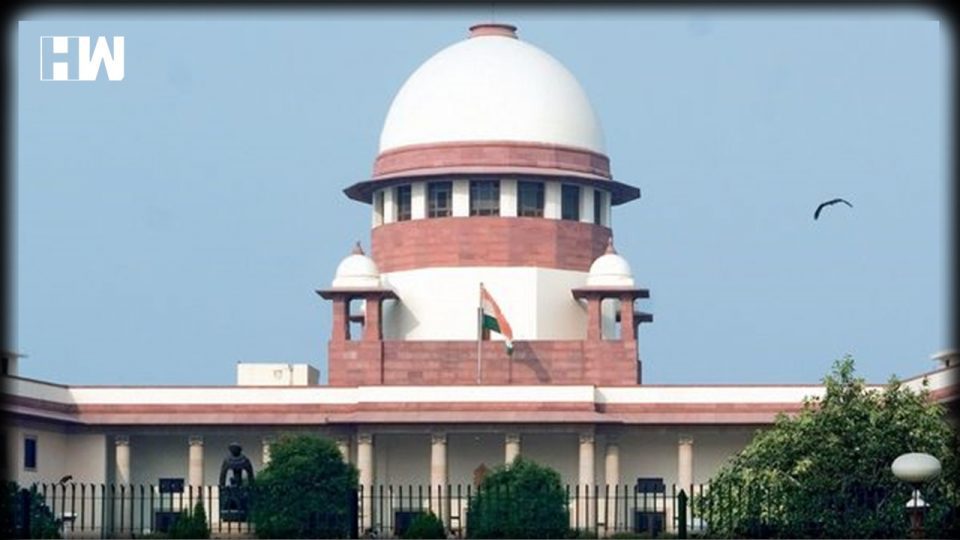New Delhi: The Supreme Court has lifted the interim stay imposed by the Punjab and Haryana High Court, on Wednesday, on a Haryana law providing 75 per cent reservation in private sector jobs to local candidates.
The Haryana government has been told refrain from taking any coercive steps against private sector employers opting not to follow the contentious new law, at this time.
Haryana Minister ML Khattar’s government earlier this month, had moved to Supreme Court going against High Court order that stated the quota unsustainable and against natural justice.
The State had argued the over the order that was passed after a 90-second hearing and that its lawyer was not heard.
The Supreme Court has now asked the High Court to hear the matter completely, and then rule in four weeks.
“We do not intend to deal with merits of matter… request High Court to decide expeditiously, and not later than four weeks. Parties are directed not to seek adjournment…” a bench of Justice L Nageswara Rao and PS Narasimha said.
“In the meanwhile, Haryana is directed not to take coercive action against employers. The impugned order passed by the High Court is set aside as the High Court has not given sufficient reasons…”
During the hearing Dushyant Dave argued for the Faridabad Industries Association, and said the law would have “far-reaching implications”, including the threat of small private sector firms being forced to shut due to lack of sufficient candidates for reserved jobs.
He further brought to everyone’s notice that private hospitals could be affected because many employed nurses are from Kerala. He further pointed out Haryana government’s claim that 900 firms had registered under the law, ‘means nothing’ because there were 45,000 private companies in the state.
Shyam Divan, appearing for the Manesar Industries Welfare Association, said “industries will suffer… this affects the idea of India as an economic unit.”
Represented by Solicitor-General Tushar Mehta, the state argued the law would “ensure people do not have to move elsewhere (for jobs)” and claimed it would also it will solve the problem of slums.
As an independent media platform, we do not take advertisements from governments and corporate houses. It is you, our readers, who have supported us on our journey to do honest and unbiased journalism. Please contribute, so that we can continue to do the same in future.

